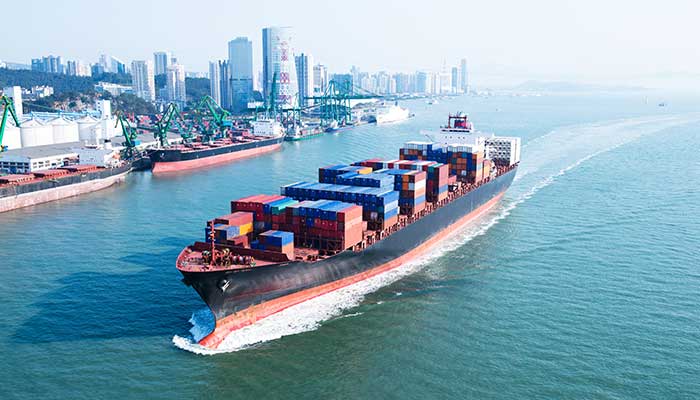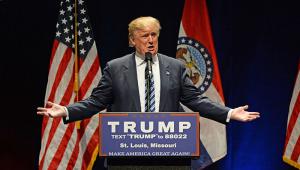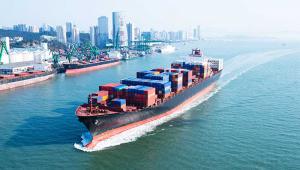tradeweb_asianport_istock-481541431.jpg

The fund said global trade was one driver of the recent pick up in global growth, and that any moves to limit it could hamper the rebound.
In its latest World Economic Update, released today, the fund pushed its growth forecast for 2017 up by 0.1 percentage point to 3.5%, compared to 3.1% last year, thanks to positive economic data from Europe and Asia and expectations for higher growth in the US.
The fund has been predicting a pick-up in global growth for some time, but Maurice Obstfeld, the IMF’s chief economist, said this time it appeared as though it would “finally come to pass”.
“Everything seems to have been going in the right direction, so that is fuelling our confidence that this year and next year are going to be substantially better than last year was,” he stated.
The fund left its growth forecasts for 2018 unchanged at 3.6%, and said the acceleration would be felt across all types of economy.
However, Obstfeld noted, a number of countries will continue to struggle as a result of low commodity prices, extreme weather or unrest. Worldwide, there remained key risks to the outlook, which was more likely to fall short of than to surpass predictions.
“Whether the current momentum will be sustained remains a question mark,” Obstfeld explained. While consumer and business confidence was up, productivity growth was stubbornly sluggish, policies in two of the world’s biggest economies could have consequences and there was a “distinct threat” of protectionism from a number of governments, he said.
Rich economies are the main source of inward-looking, anti-globalisation sentiment, with the potential of gains for such political ideas still very much open in countries such as France.
While the Netherlands rejected such an approach earlier this year, the same feelings are thought to have helped drive the UK’s Brexit vote and US president Donald Trump’s ascension to the Oval Office.
At the same time, Trump’s arrival is a key factor in the better expectations for the US. He brought with him the prospect of tax cuts and increased government spending, bolstering the markets.
However, Obstfeld noted, a quick recovery in the US could mean faster interest rate hikes and rises for the US dollar, putting other economies with a US dollar-dependent exchange rate or hefty dollar-denominated debts under pressure.
In China, while growth has come in above expectations despite efforts to remodel the economy around greater sustainability, Obstfeld said this relied on increases in lending “so rapid it may cause financial stability problems down the road”. These could in turn spill over to other countries.
Threats to global trade and integration, however, were given the most emphasis by Obstfeld. He described this as a “struggle of each against all, that will leave all economies worse off”.
Global trade has fostered “economic miracles” around the world, driving growth and lifting millions out of poverty, he stressed. However, he agreed that at the same time its benefits had not been shared equally, with many people losing out as a result, and that globalisation has aggravated the negative impacts of other trends like technological change.
He said, however: “We think a better approach than cutting off trade or managing trade heavily is to embrace trade and the productive enhancements it brings, but also to make sure that the people who are negatively affected are not left behind.”
Nikita Shah, global economist at analyst firm Capital Economics, noted that despite the IMF’s previous “optimistic bias”, the firm believes its current forecasts for growth are “about right”.
On the threat of protectionism, however, which the IMF has launched a campaign against in the past week, Shah was less concerned.
“While this is clearly a risk, the latest developments have been encouraging,” she noted. “President Trump has failed to follow through on the protectionist threats he made during his election campaign, including labelling China as a currency manipulator and overhauling the NAFTA agreement [between the US, Canada and Mexico].”













